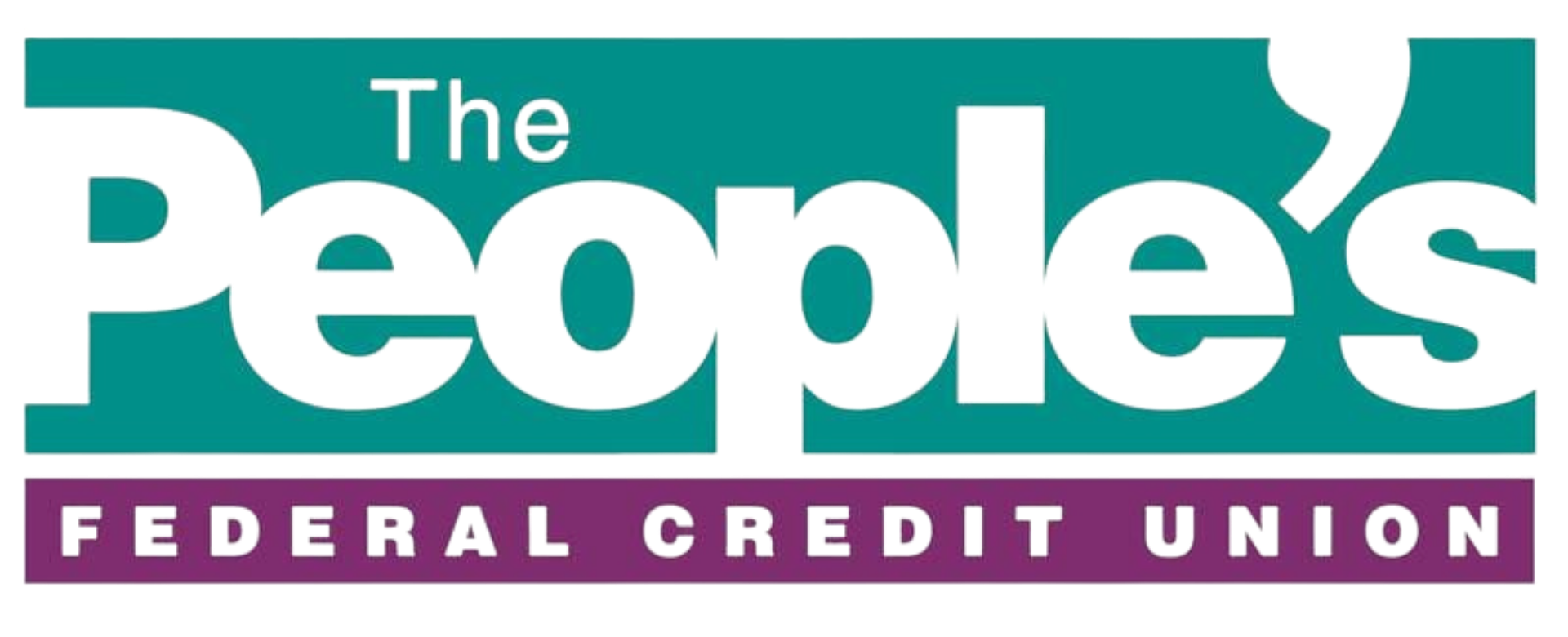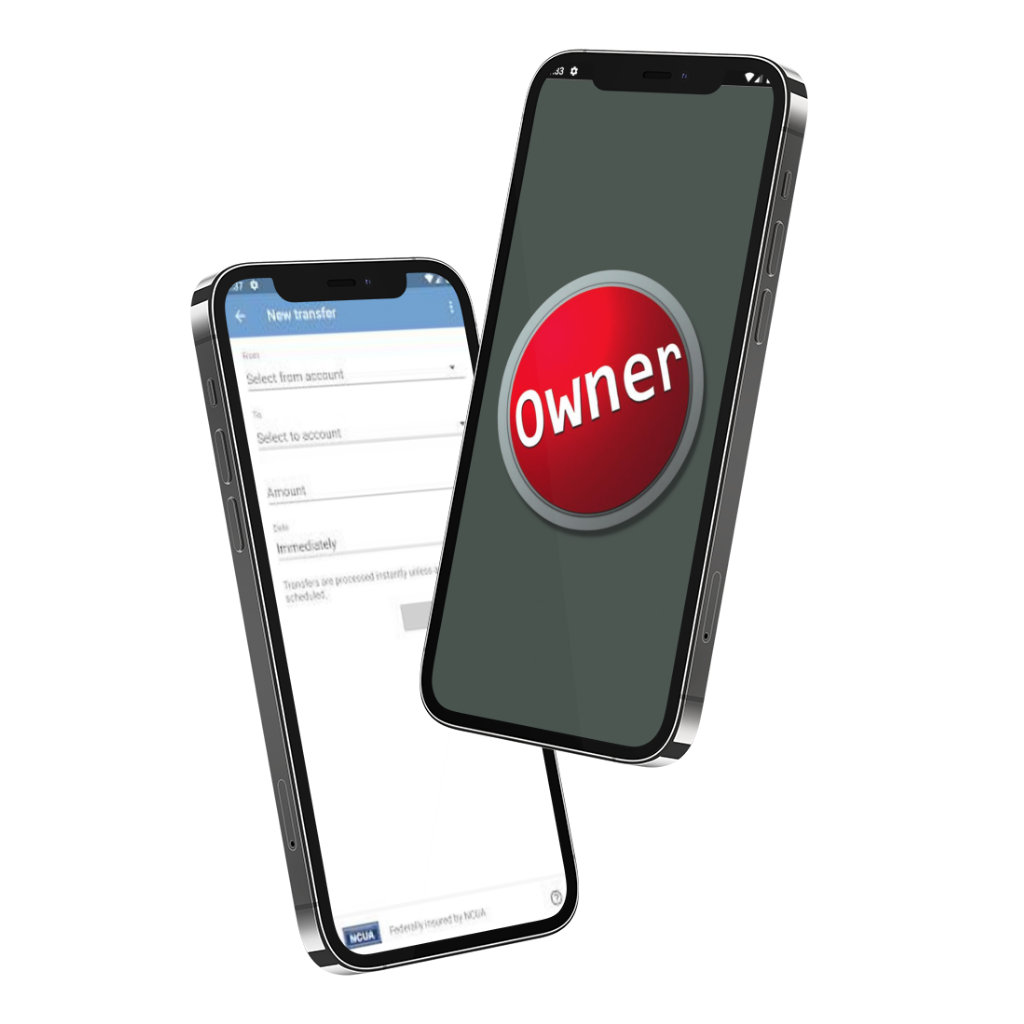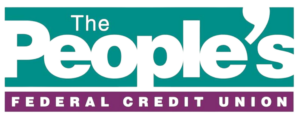Building a nest egg to live off of after you retire is the goal of retirement planning. If you want to retire early, what is the best strategy to manage your retirement accounts? Did you know that if you started setting aside money in IRA accounts when you were in your twenties, you could boost your retirement savings much faster than if you waited until you were older?
Most young adults put off saving and investing for retirement and then, by the time they are in their late thirties and early forties, they realize they need to set aside funds at a much higher rate to reach their retirement goals. Starting a retirement account early is a big advantage to retiring early.
Building a Retirement Strategy
Setting firm retirement goals is the first step. If you want to retire long before reaching the mandatory age to start drawing full Social Security benefits, you can determine how much you need to save in order to live comfortably until you can supplement your retirement savings with Social Security benefits.
Explore Investment Options
You will gain ground rapidly on your retirement savings if you can defer taxes on the money you put aside. For individual investment advice, you should meet with a financial professional but, in general, your options to save for early retirement will include:
- Individual Retirement Accounts (IRAs)
- 401(k) Plans or workplace retirement accounts
- Taxable brokerage accounts
- Certificates of deposit (CDs), stocks, bonds, mutual funds, and ETFs
- Real estate investments
Traditional IRAs and Roth IRAs vs. 401(k) Plans
A well-rounded early retirement plan might include both of these, and each has its own advantages as an investment choice. Let’s examine the pros and cons of workplace retirement accounts and investing in a traditional IRA or Roth account.
The Types of IRAs or Individual Retirement Accounts
There are two types of individual retirement accounts (IRAs) that are commonly used for retirement. These are:
- The traditional IRA, where your IRA contributions are made with pre-tax dollars and the income tax is deferred until the contributions are withdrawn.
- The Roth IRA, where the money you contribute is subject to taxes but will be tax-free when the funds are withdrawn.
In both cases you get a tax deduction for the funds you contribute to your IRA until you reach your contribution limit. You may continue to invest money after you max out your IRA, but the tax benefits will be less after you reach the maximum contribution. Putting money into your IRA reduces your taxable income and helps reduce the impact of windfalls or bonuses that might push your gross income into the next tax bracket.
401(k) Contribution Programs
A 401(k) is a workplace retirement plan offered by some employers where you can invest pre-tax dollars through payroll deductions. Many employers offer a matching program that will match contributions up to a percentage of your net income. If you have a 401(k) match program available to you, those matching contributions to your savings can double the speed at which you can retire.
401(k) matching and employee contributions are shown on your paycheck along with your standard deductions, or you can contact the HR department of your company to see if they offer a savings incentive match plan. For many people looking to maximize their retirement income, it is a good idea to max out your company’s 401(k) matching plan for employee contributions.
Making Early Withdrawals from a Retirement Account
Both IRAs and 401(k) matching programs will require you to pay a withdrawal penalty in the event you need future withdrawals before you qualify to retire. You can only make a withdrawal from a 401(k) if you leave your place of employment or under very specific hardship circumstances. If you do not roll over a 401(k) into another premium tax credit type of account, you will pay taxes on the withdrawal as if it was earned income, plus you may pay penalties of 10% or more.
You may be eligible for penalty-free withdrawals from your IRA accounts for purposes of education and other approved uses of the funds. You may start withdrawing without penalty from an IRA if you have had it for at least five years and you have reached the age of 59 ½.
Other Steps in an Early Retirement Plan
To help increase the amount you can invest toward early retirement, there are other things you can do:
- If you can, pre-pay your property taxes. Many municipalities offer a small discount for prepaying taxes rather than waiting until they are due.
- Set aside any windfalls you experience like tax returns, bonuses, and wage increases. Contributing these toward retirement can further build your nest egg.
- Eliminate unnecessary expenses and try to pay off high-interest mortgages, auto loans, student loans, and other such debts. If you can retire debt-free, then you will be in a good place financially.
- Consider how you intend to pay for health insurance as part of your retirement plan. You might want to set aside pre-tax money from your paycheck in a health savings account, as many plans now feature rollover allowances from one year to the next.
- Avoid paying penalties for early withdrawal from your retirement accounts
- Talk to a professional at your Credit Union about a traditional IRA, a Roth IRA, and other tax-deferred compounding interest investments that are available to you.

Get Financial Advice Tailored to your Retirement Plans
Setting yourself up for early retirement does not mean you have to live frugally as long as you are actively contributing and investing in a defined contribution plan available through your employer and leveraging tax-free and tax advantaged opportunities to save for retirement. To learn more about opening a traditional IRA or Roth IRA and for help in setting up contributions, share savings, or CDs, please feel free to stop by your nearest branch of The People’s Federal Credit Union or contact us at 806-359-8571 today!
DISCLAIMER: Please be advised the information presented here is for informational and educational purposes only. With investments, the value of stocks could go up as well as down. As such, past performance does not always guarantee a return on your investment. Nor can we guarantee the outcomes of investments and therefore, cannot be held liable for any losses you might experience.








